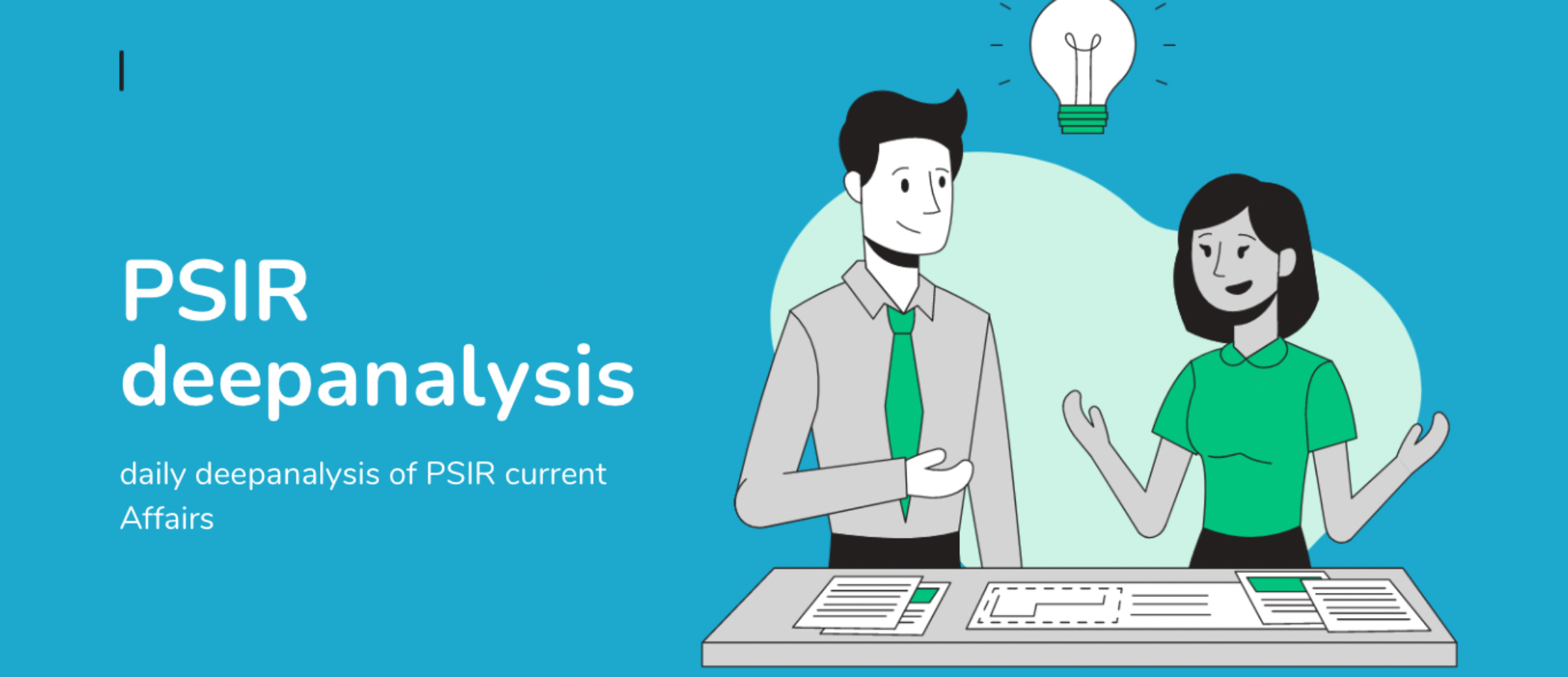Directive principles and ideals of welfare state
Today we are living in an era of welfare state, which seeks to promote the prosperity and wellbeing of the people. The Directive Principles strengthen and promote this concept by seeking to lay down some socio-economic goals, which the various governments in India have to strive to achieve.
The Supreme Court, in a case, while describing a welfare state, held that it refers to the “Greatest good of greatest number and the benefits of all and the happiness of all.”. The Court went on to say that the optimal and desirable levels of social services are to be provided by a welfare state.
The Directive Principles are designed to usher in a social and economic democracy in the country. These principles obligate the state to take positive action in certain directions in order to promote the welfare of the people and achieve economic democracy. These principles give directions to the legislatures and the executive in India as regards the manner in which they should exercise their power.*
In a number of pronouncements, the Supreme Court has insisted that these Directive Principles seek to introduce the concept of a welfare state in the country. Thus, we find the Supreme Court observing in Paschim Banga:
The Constitution envisages the establishment of a welfare state at the federal level as well as the State level. In a welfare state the primary duty of the Government is to secure the welfare of the people.
The Directive Principles differ from Fundamental Rights*, which enjoin the state to refrain from taking prejudicial action against an individual and, thus, impose a negative duty on the state. Fundamental Rights seek to introduce an egalitarian society and to ensure liberty for all. The Directive Principles seek to achieve a welfare state. The two together constitute the conscience of the Constitution.
